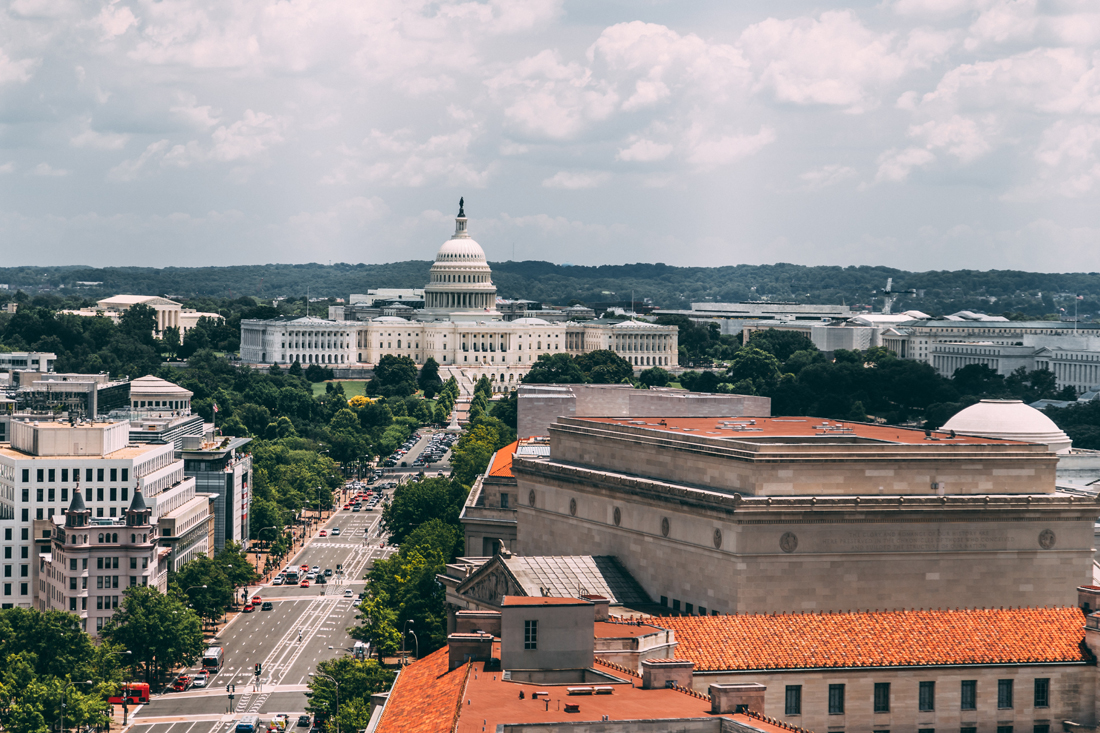PPAI, Americans For Free Trade Push USTR On Tariff Review

PPAI joined Americans For Free Trade (AFT), a broad coalition of more than 175 organizations representing U.S. businesses, trade organizations and workers united against tariffs, in a letter to United States Trade Representative Katherine Tai expressing strong support for a fully transparent review of the Section 301 tariffs on products from China and a comprehensive economic assessment of the tariffs’ impact on the U.S. economy.
This morning, we sent a letter to @AmbassadorTai ahead of her upcoming testimony before #Congress to underscore the need for a holistic, transparent review of #tariffs on imports from China.
— Americans For Free Trade (@Americans4Trade) March 29, 2022
Read the full letter at the link below @USTradeRep https://t.co/ZVoVn5aS7s
Background:The USTR’s Section 301 tariffs, under the Trade Act of 1974, were issued in 2018 and stem from an investigation of China’s intellectual property policies and practices. Ambassador Robert Lighthizer, then the USTR, said, “acts, policies, and practices of the Chinese government related to technology transfer, intellectual property, and innovation are unreasonable or discriminatory and burden or restrict U.S. commerce.” In total, four lists of imported products from China were levied with additional tariffs, representing more than $300 billion in goods.
Call To Action: Along with a transparent review of the List 1 tariffs, AFT’s letter calls on the USTR to extend its review to all four tariff lists in order to provide a more thorough assessment of the tariffs’ impact on American businesses, workers, farmers and consumers.
The Letter Reads:“American importers, including members of our coalition, have been assessed close to $130 billion in tariffs since President Trump first imposed tariffs on products from China nearly four years ago. As you know, List 1 of those tariffs is set to expire in July unless USTR receives a petition for a continuation of the tariffs, which we understand is almost certain to occur. Such a request would trigger a review process under the statute, requiring USTR to examine the effectiveness of the tariffs in achieving their objectives and other actions that could be taken, as well as the effects of such actions on the U.S. economy, including consumers.”
Recent Developments:Testifying Wednesday before the House Ways & Means Committee on the President’s trade agenda, Ambassador Tai did not specifically mention the Section 301 tariffs, but did mention “defending our values and economic interests from the negative impacts of the PRC’s unfair economic policies and practices” and “we must develop new domestic tools targeted at defending our economic interests, and make strategic investments in our economy.”

